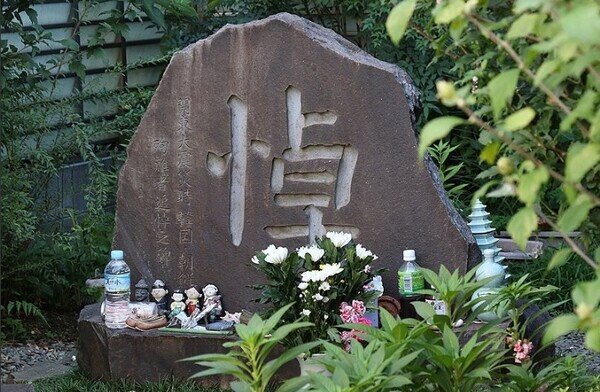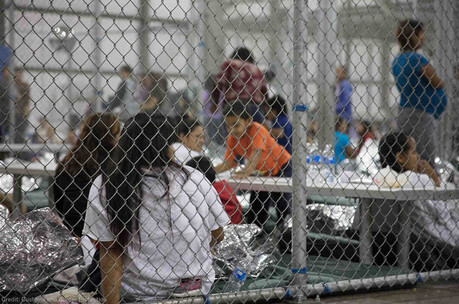
TOKYO — A bipartisan group of Japanese lawmakers is challenging the government’s long-standing refusal to acknowledge the systematic slaughter of Koreans in the wake of the 1923 Great Kanto Earthquake. In a direct appeal, the "Parliamentary Group for Verifying the Korean Massacre during the Great Kanto Earthquake" delivered a formal request to Prime Minister Shigeru Ishiba and Chief Cabinet Secretary Yoshimasa Hayashi, demanding a full investigation and official recognition of the historical atrocity.
The move comes as Japan prepares to mark the 102nd anniversary of the cataclysmic event, which killed over 100,000 people and left two million homeless. Following the quake, widespread misinformation and xenophobia led to a horrific campaign of violence. Spurious rumors, including that Koreans were poisoning water wells and setting fires, spread like wildfire, incited by local vigilante groups and parts of the police force. An estimated 6,000 Koreans were brutally murdered in the ensuing chaos, a grim chapter often downplayed or outright denied in official narratives.
The lawmakers' group, led by House of Representatives member Hideo Hiraoka of the Constitutional Democratic Party, contends that the government’s stance—that there are no official records to confirm the massacre—is a willful act of historical amnesia. "At the very least, the fact that Koreans were murdered by multiple Japanese individuals in the aftermath of the Great Kanto Earthquake cannot be denied," the group stated in its request. They cited existing criminal court verdicts and other documents that prove individual cases of murder and conviction. The letter urges a comprehensive review of records held by the National Archives, the Diplomatic Archives, and local municipalities.
Despite the compelling evidence, Deputy Chief Cabinet Secretary Kazuhiko Aoki reportedly reiterated the government's official position, repeating the well-worn line that no records confirming the massacre exist. This continued denial has sparked broader criticism, with major news outlets adding their voices to the chorus.
In a powerful editorial, the Asahi Shimbun took direct aim at Tokyo Governor Yuriko Koike, who has refused to send a letter of condolence to the annual memorial for the Korean victims for nine consecutive years. The paper called her decision "unacceptable," arguing that such acts contribute to an environment where historical revisionism and racial discrimination flourish. "It is the responsibility of politics to eliminate prejudice and discrimination," the editorial asserted, highlighting the need for leadership in confronting uncomfortable historical truths.
The lawmakers' initiative, alongside growing public pressure, signals a renewed effort to hold the Japanese government accountable for a tragic past. The campaign seeks not only to set the historical record straight but also to foster a society where such a tragedy could never be repeated, emphasizing the importance of government accountability and the enduring lessons of history.
[Copyright (c) Global Economic Times. All Rights Reserved.]






























